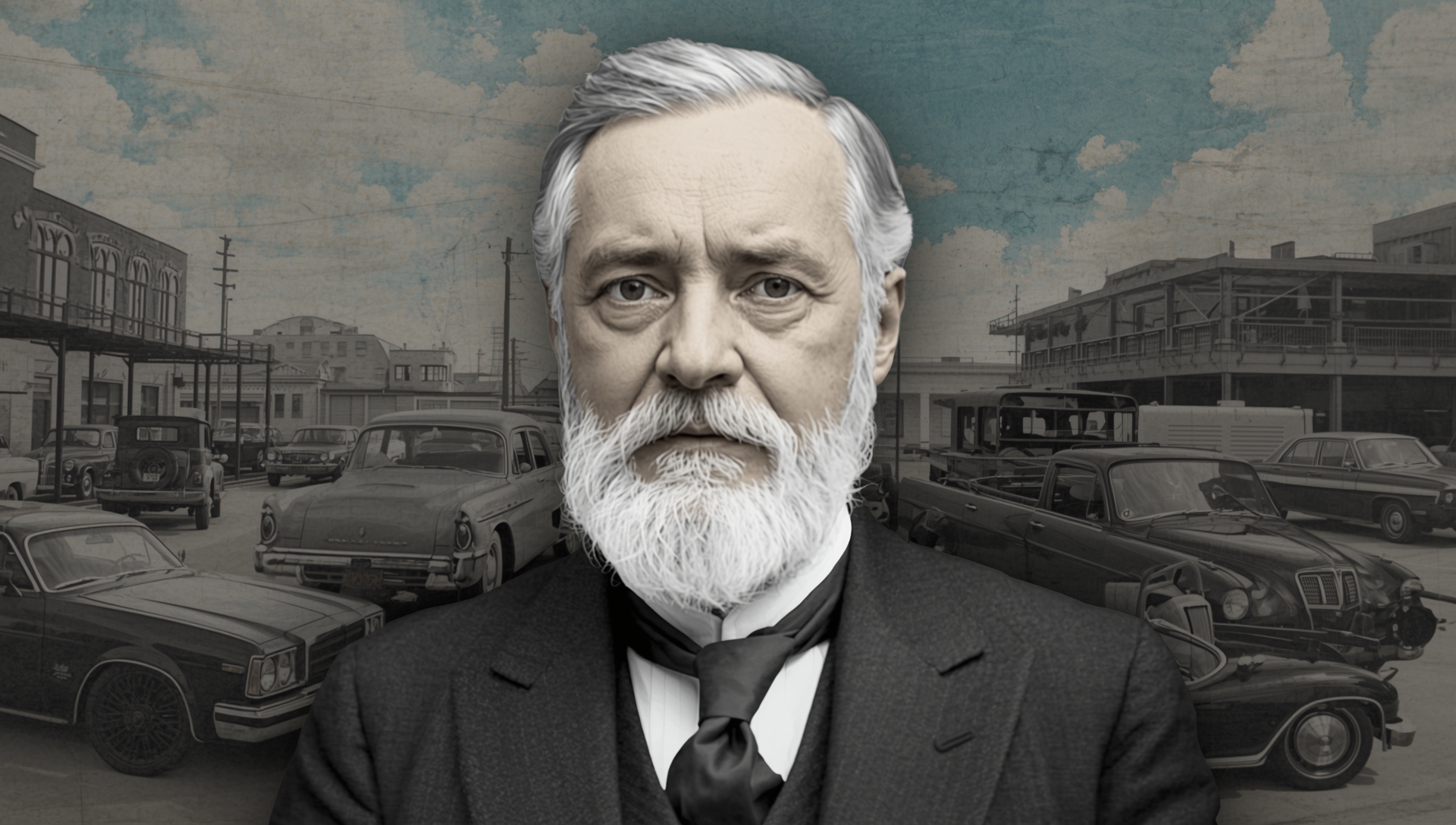
William C. Durant: The Visionary Who Transformed the Automotive Industry
General Motors at 117: The Giant That Reshaped the Global Economy
A Date That Changed Industrial History
On September 16, 1908, William C. Durant founded General Motors in Flint, Michigan. More than a corporate milestone, it was the beginning of a new economic era. Today, on its 117th anniversary, GM’s history remains a powerful reminder of how one entrepreneur’s vision can redefine not just an industry, but the structure of the global economy.
Durant, who came from the carriage business, recognized something few understood at the time: the automobile would not remain a luxury. It would become an essential instrument of work, freedom, and mobility for the masses.
The Durant Model: Strategy Beyond Cars
General Motors was never just about producing vehicles. Under Durant’s leadership, the company created an industrial ecosystem: consolidating brands, standardizing processes, and integrating suppliers and distributors. This model became the backbone of the modern automotive industry.
While Henry Ford revolutionized production with the assembly line and affordable cars, Durant pursued diversification. He offered multiple brands and styles, targeting consumers across different incomes and preferences. This approach multiplied demand and secured GM’s dominance for decades.
Economic Engine of the 20th Century
From its early years, GM became one of the pillars of the American economy. By employing hundreds of thousands directly and supporting millions more through its supply chain—steel, rubber, oil, glass, and transportation—the company turned industrial growth into widespread prosperity.
By mid-century, GM’s revenues were comparable to the GDP of entire nations. Its scale symbolized not just corporate success, but the capacity of American industry to shape global trade and economic policy.
Global Expansion and the Urban Revolution
Durant’s vision was never limited to the United States. GM expanded into Europe, Latin America, and Asia, exporting both vehicles and a scalable business model based on efficiency and innovation.
This expansion transformed cities worldwide. Highways, suburbs, and urban layouts were redesigned around the automobile. From Buenos Aires to Berlin, Shanghai to Mexico City, GM became synonymous with progress and modern life. The car was no longer just a machine—it was a cultural and economic force.
Geopolitics and the Age of Oil
The rise of General Motors also redefined global energy demand. The automobile boom accelerated the use of oil as the strategic resource of the 20th century, linking Detroit boardrooms with Middle Eastern oil fields and reshaping geopolitics.
This dependency brought both prosperity and new vulnerabilities. The debates that began with GM’s rise—about energy, corporate concentration, and sustainability—continue today as the world transitions to electric vehicles and new energy sources.
A Legacy Still in Motion
On this anniversary, GM remains a central player in the global automotive industry, now investing heavily in electric mobility and autonomous driving. The company’s story is more than a chapter in American industrial history—it is a lesson in how entrepreneurship and scale can alter the trajectory of the global economy.
William C. Durant’s founding vision continues to resonate: industries are not built only on technology, but on the foresight of individuals willing to challenge convention and mobilize resources at a global level.
As General Motors marks its 117th year, its legacy is not confined to automobiles. It is the story of how a single company can accelerate urban growth, reshape energy markets, and influence the economic lives of millions across generations.
In celebrating GM’s anniversary, we are also acknowledging a fundamental truth: innovation in business is never isolated—it is a force that can redraw the economic map of the world.





